Studies have shown that many foods, such as sugars, sweetened beverages, fried foods, white flour, and processed meat, increase inflammation. The antidote is these ten common foods that can help reduce inflammation.
10. Berries

Many types of berries (strawberries, blueberries, raspberries, blackberries, cranberries, and more) contain bioactive compounds with antioxidant and anti-inflammatory properties. These include anthocyanins, ellagic acid, ascorbic acid, and carotenoids. These potent phytochemicals help rid the body of free radicals that promote inflammation. Berries are also rich in vitamin C, potassium, folates, and dietary fibers.
9. Salmon & Oily Fish
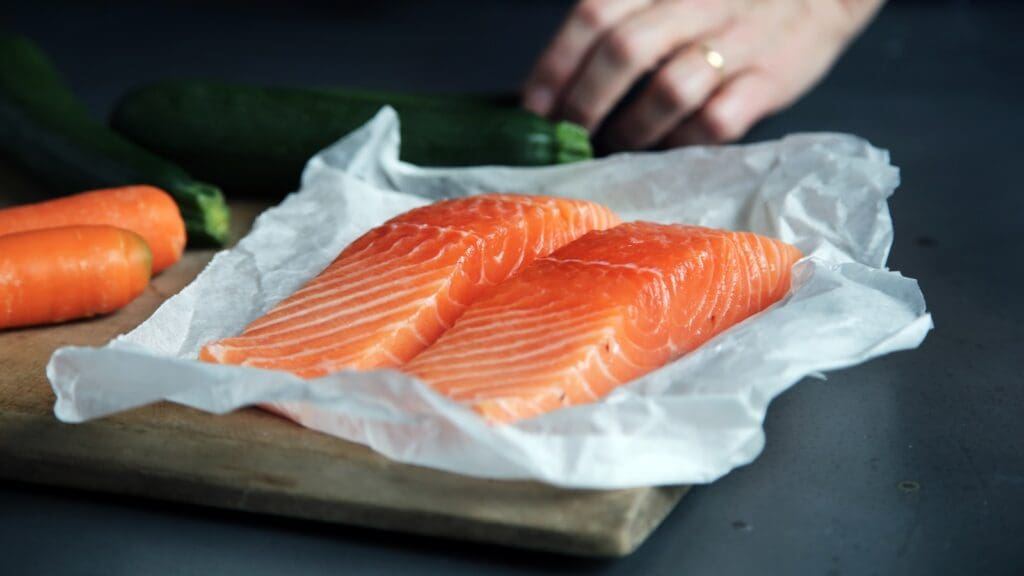
Salmon and other oily fish (sardines, anchovies, mackerel, and trout) are high in omega-3 fatty acids and alpha lipoic acid (ALA). These can help reduce inflammation, and lower blood pressure and cholesterol. Studies have shown that people who consume salmon or take eicosapentaenoic acid (EPA) and docosahexaenoic acid (DHA) supplements have lower levels of C-reactive protein (CRP), an inflammatory marker.
8. Broccoli and Cruciferous Vegetables
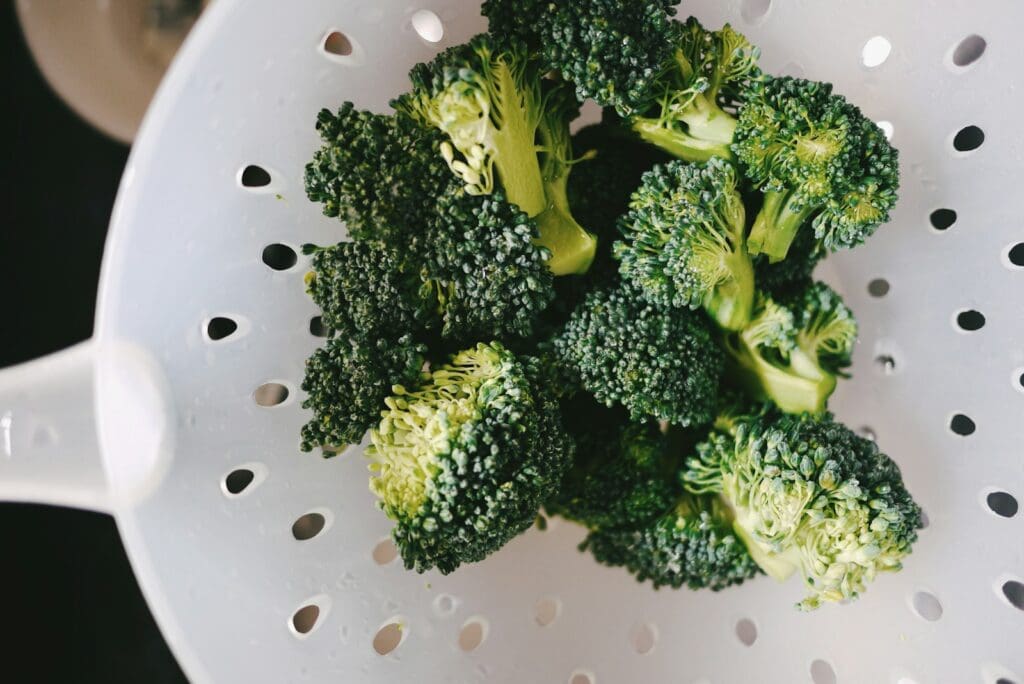
Broccoli is a cruciferous vegetable from the cabbage family. A serving provides 15% daily fiber, 220% vitamin C, 13% potassium, plus vitamin B6, magnesium, calcium, magnesium, and protein. Broccoli contains sulforaphane, a sulfur-containing antioxidant and anti-inflammatory compound, that studies have shown can help reduce inflammation. There are Similar benefits in cauliflower, Brussels sprouts, arugula, kale, and cabbage.
7. Avocado
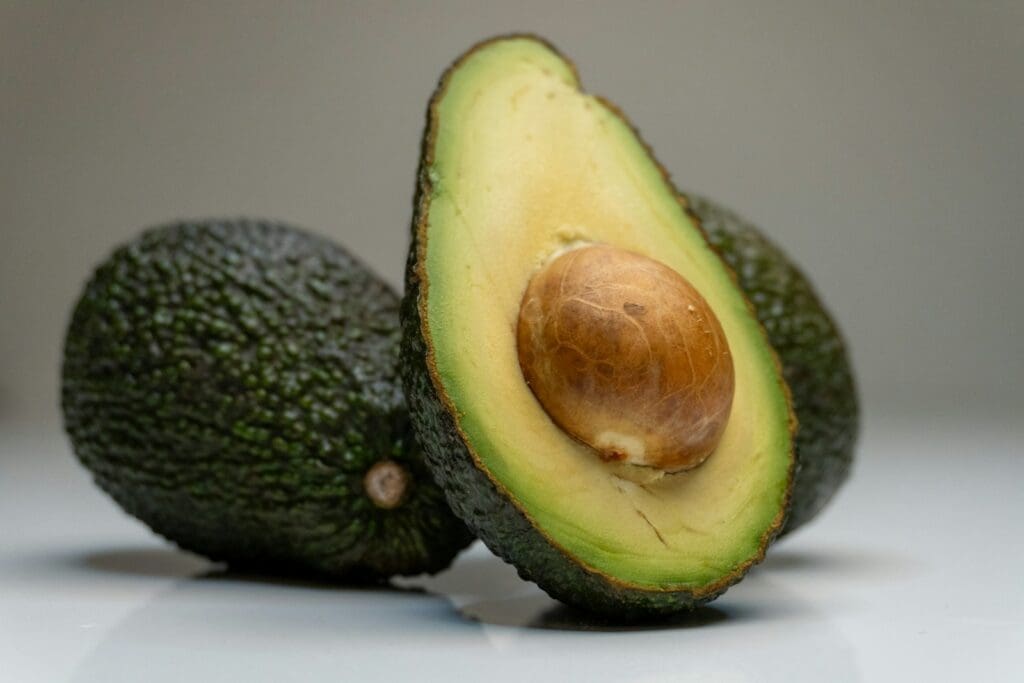
Avocados are a healthy fruit containing “good fats,” both monounsaturated and polyunsaturated fats, which can help lower levels of LDL (“bad”) cholesterol. This fruit contains antioxidant polyphenols that fight cell damage, plus omega-3 fatty acids and vitamin E that fight inflammation. Avocados are also a source of vitamins A, C, and B-complex, as well as potassium, magnesium, and fiber.
6. Tomato
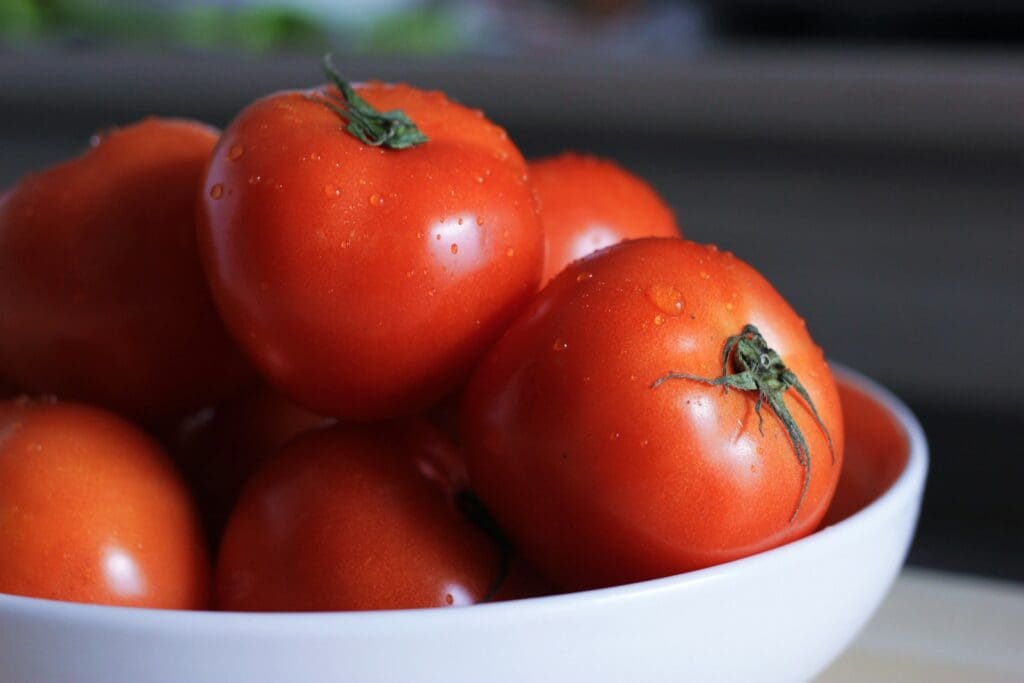
Technically, tomatoes are a fruit that belongs to the berry family. They are packed with substances with antioxidant and anti-inflammatory properties, including lycopene and flavonoids. Some studies suggest tomatoes can reduce the risk of inflammatory processes, cancer, cardiovascular disease, and chronic noncommunicable diseases. They also provide a moderate source of vitamin C.
5. Walnuts and Almonds
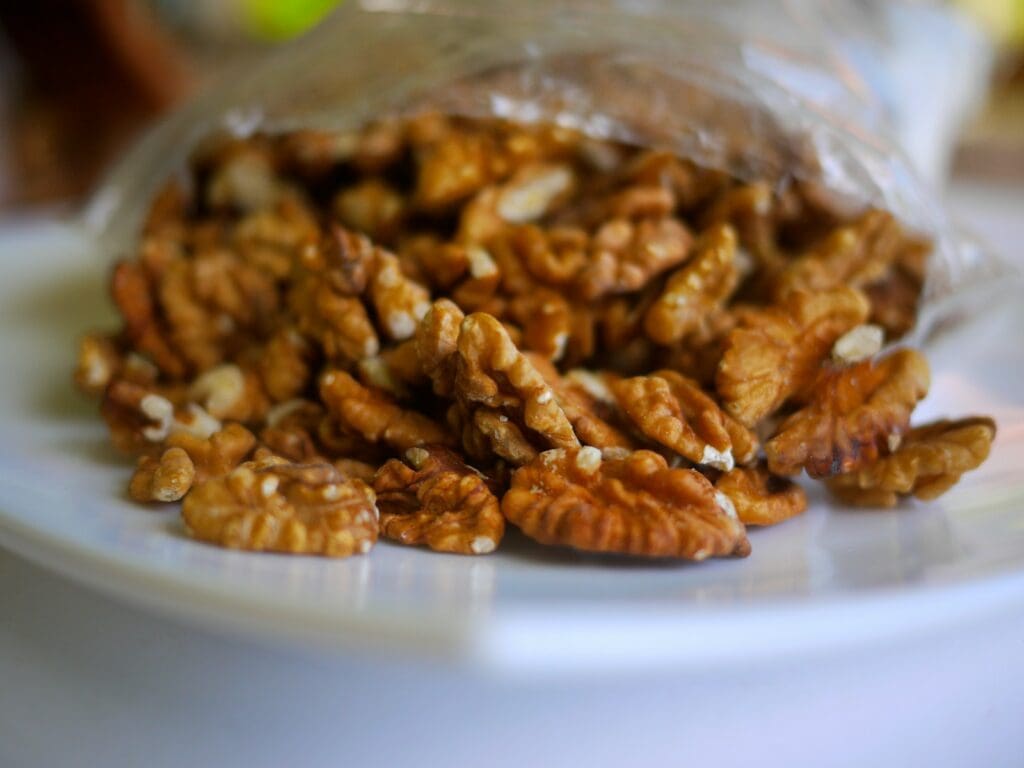
Walnuts provide a wealth of health benefits as they include healthy fats such as omega-3 fatty acids and polyunsaturated fatty acids. Walnuts also contain flavonoids and phenolic compounds, which help fight inflammation. They are rich in protein and contain vitamin E and magnesium. Almonds also contain many of these same health-boosting ingredients.
4. Green Tea

Green Tea is made from unwithered leaves and buds that have not undergone the oxidation process used to make black teas. Green tea contains polyphenols and flavonoids that, in scientific studies, suggest anti-inflammatory and anticancer properties. Other studies suggest green tea may help reduce the risk of several health conditions, including obesity and heart disease.
3. Olive Oil
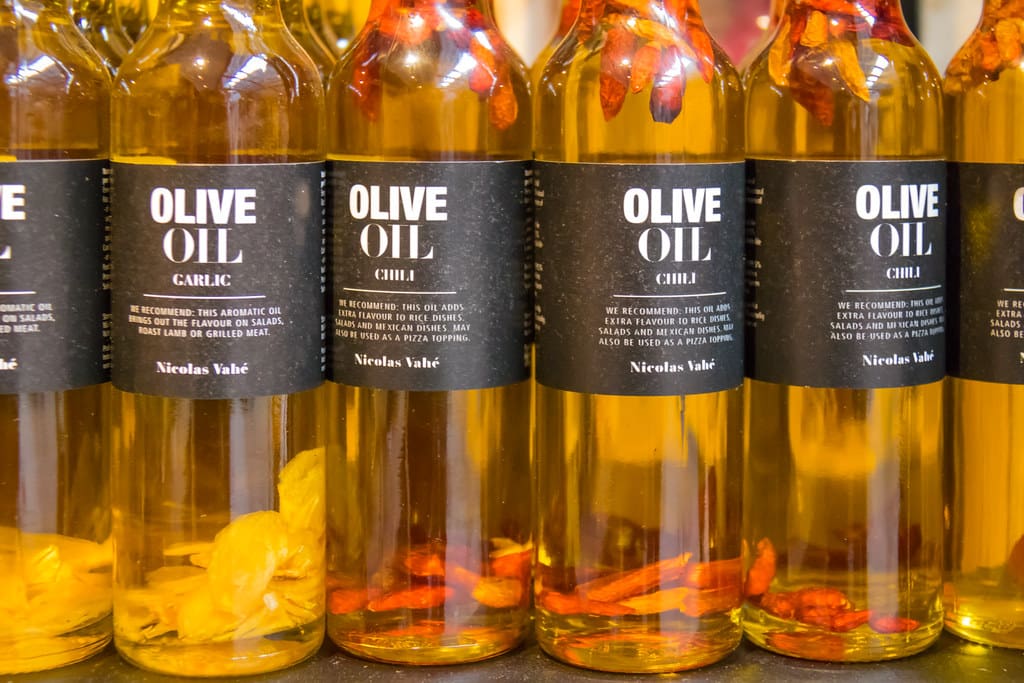
Among fats, Olive Oil is considered a healthy source, as it is an unsaturated fat. Olive oil is high in monounsaturated fats and antioxidants. This oil contains oleocanthal, which has been shown to work similarly to ibuprofen, an anti-inflammatory drug (NSAID) and protects cells. Olive oil also contains hydroxytyrosol (HT), which has also been shown to have anti-inflammatory effects.
Read More: Top 10 Exotic Fruits You Need to Try
2. Oranges
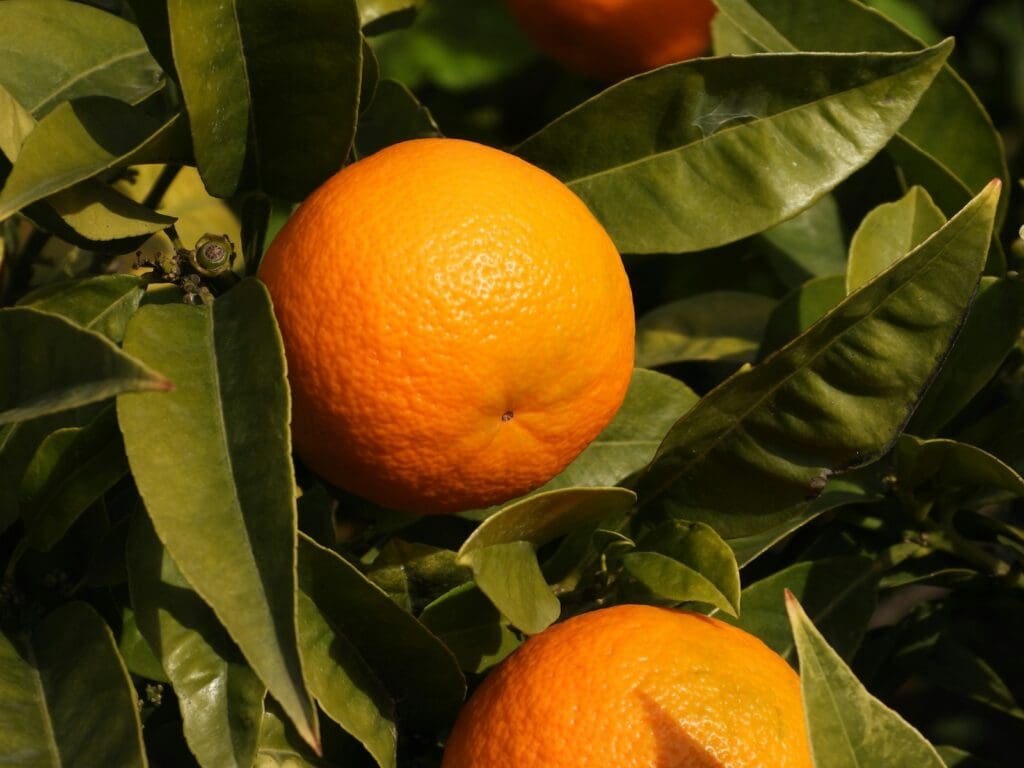
Many people start their day with a glass of orange juice, which provides vitamin C, folate, and potassium. Oranges contain flavonoids, which help fight inflammation. However, there are more flavonoids in the pulp. Eating oranges provides the additional benefit of fiber. This can help with digestion, cholesterol, blood sugar, and colon health.
Read More: 10 Foods You Didn’t Know Were Good for Brain Health
1. Turmeric
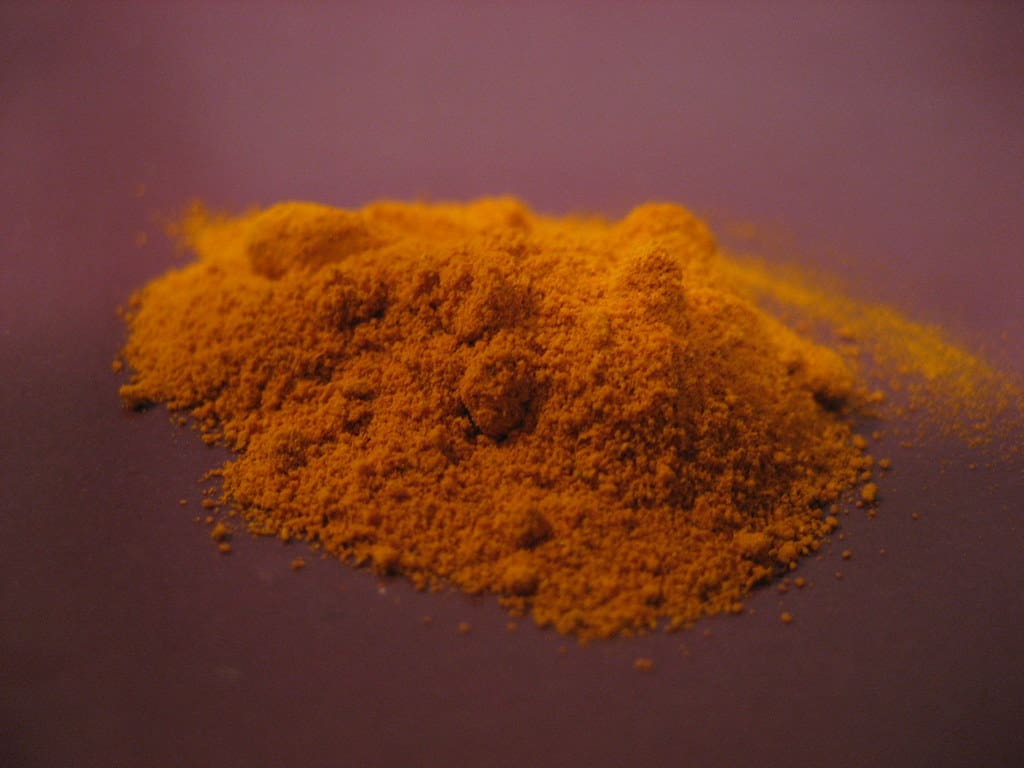
Turmeric is a plant from the ginger family that’s used as a spice, especially for curries. Turmeric ranks at the top of the list for spices that fight inflammation due to curcumin, a powerful anti-inflammatory compound that’s recognized by the World Health Organization and the FDA. As a supplement, turmeric is available in capsules or powdered form.
Read More: The 15 Best Foods for Your Immune System







